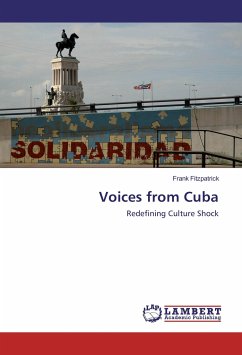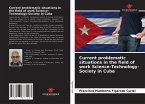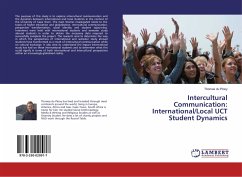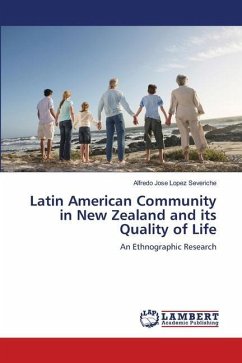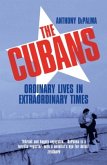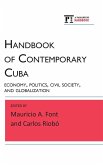Expatriate sojourners are often described as experiencing "culture shock" when moving to a new international location. This book proposes a new model for cross-cultural adjustment and argues that, rather than dealing with "culture", it is how individuals navigate the macro-sociopolitical context and micro-cultural situations on a day to day basis that influences how they experience their new environment. Based on the first-hand experience of living in Cuba, an insular and politically sensitive location, this ethnography describes the various types of obstacles and pressures that expatriate families experience, and the strategies that they adopt to overcome them, in adapting to a new and unfamiliar cultural environment. By drawing upon a range of voices from the island - close-up everyday encounters, the chatter of the burgeoning outlawed "blogosphere" and journalistic and academic sources, a window is opened up on daily life in Cuba, offering a unique insight into the faltering reform process and the awakening of the Castro regime. This analysis is undoubtedly a valuable resource for international companies wishing to prepare their managers and families for a new international assignment
Bitte wählen Sie Ihr Anliegen aus.
Rechnungen
Retourenschein anfordern
Bestellstatus
Storno

